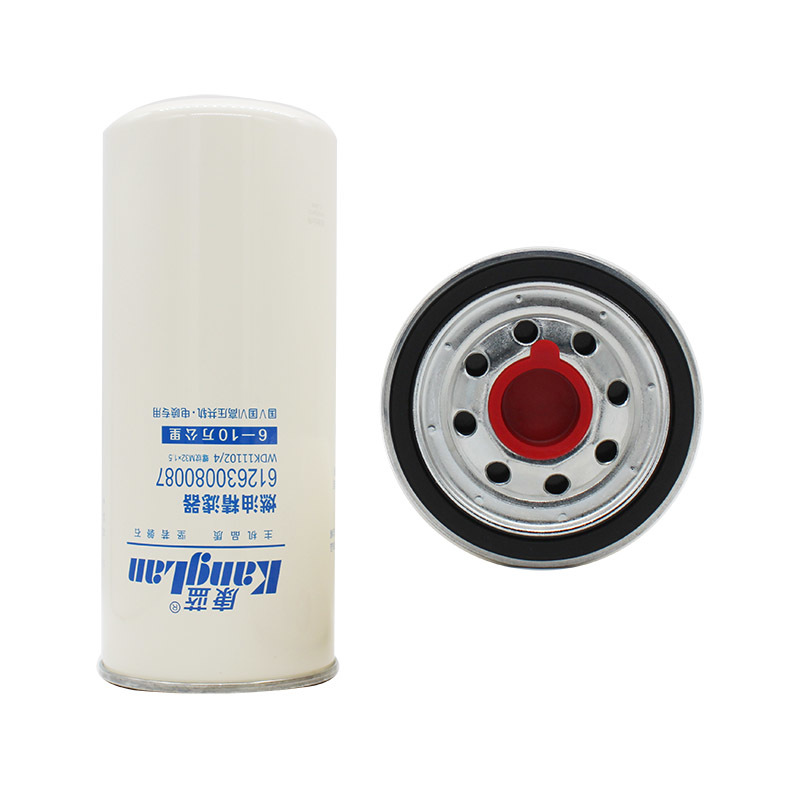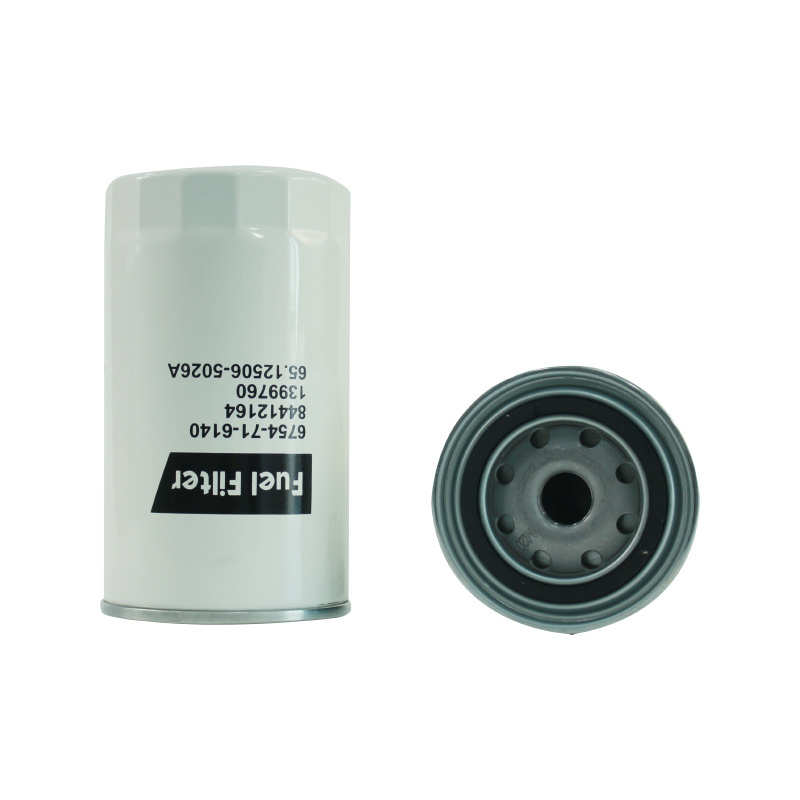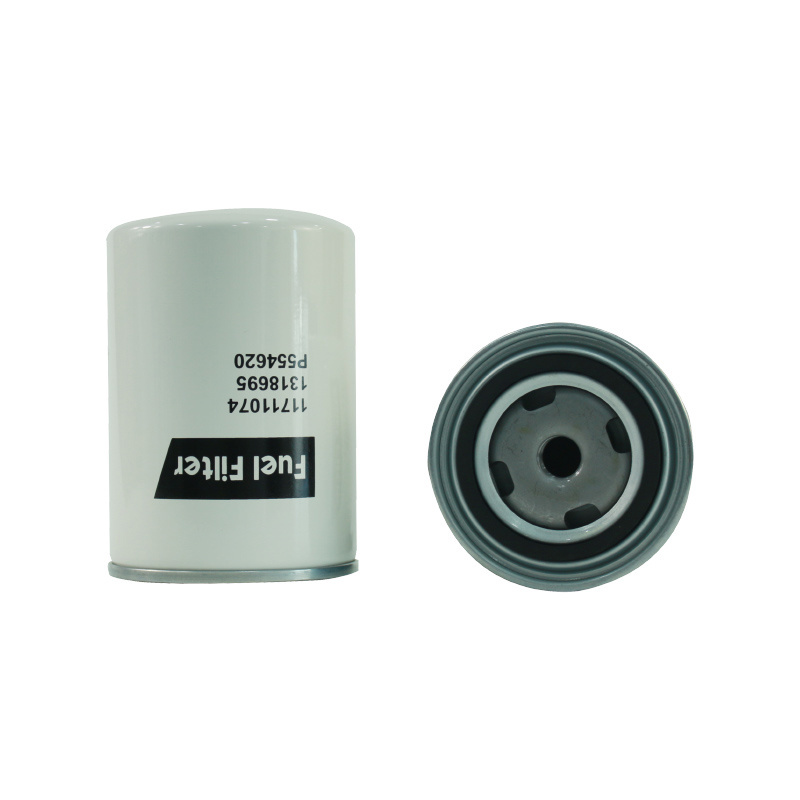Welcome to Hebei Takai Vehicle Parts Technology Co., Ltd.
Essential Guide to Fuel Filters: Importance, Function, and Maintenance
Release Time:
Aug 07,2025
Fuel filters are integral components of any vehicle's fuel system, tasked with safeguarding the engine from impurities that can cause damage and reduce efficiency. The primary function of a fuel filter is to trap dirt, debris, and other contaminants present in the fuel before it reaches the engine. This is crucial as unfiltered fuel can lead to clogged injectors, reduced fuel efficiency, and even
Fuel filters are integral components of any vehicle's fuel system, tasked with safeguarding the engine from impurities that can cause damage and reduce efficiency. The primary function of a fuel filter is to trap dirt, debris, and other contaminants present in the fuel before it reaches the engine. This is crucial as unfiltered fuel can lead to clogged injectors, reduced fuel efficiency, and even engine failure over time.
Typically located along the fuel line, fuel filters vary in design depending on the vehicle's make and model. Some filters are replaceable, while others may be built into the fuel pump assembly. Regardless of the design, regular maintenance of the fuel filter is essential to the overall health of your vehicle.
Most experts recommend inspecting the fuel filter at least once a year or every 20,000 to 30,000 miles, depending on driving conditions and the type of fuel used. A clogged filter can lead to a decrease in engine performance, characterized by symptoms such as stalling, difficulty starting, or reduced acceleration. If you notice any of these signs, it may be time to check the fuel filter.
Replacing a fuel filter is generally a straightforward process, but it’s vital to follow the manufacturer's guidelines to avoid potential issues. When changing the filter, always ensure that you're using the correct type for your specific vehicle. Installing the wrong filter can lead to inadequate filtration and engine problems.
In addition to replacement, it’s important to consider the quality of the fuel you’re using. Poor-quality fuel can contain higher levels of contaminants, which can clog your fuel filter more quickly. Using fuel from reputable stations can help maintain the cleanliness of your fuel system.
Furthermore, when performing routine maintenance on your vehicle, don’t overlook the importance of other components that work in tandem with the fuel filter, such as the fuel pump and injectors. Ensuring these parts are in good condition will support the fuel filter’s effectiveness and extend its life.
In summary, understanding the role of the fuel filter is essential for any vehicle owner. By recognizing its function, symptoms of failure, and maintenance needs, you can ensure that your vehicle operates smoothly and efficiently. Regular checks and timely replacements can save you from costly repairs down the line, keeping your engine healthy and your driving experience enjoyable. Remember, a clean fuel system is key to a well-functioning vehicle, and the fuel filter is at the heart of that maintenance strategy.
You Can Also Learn More About Industry Trends











